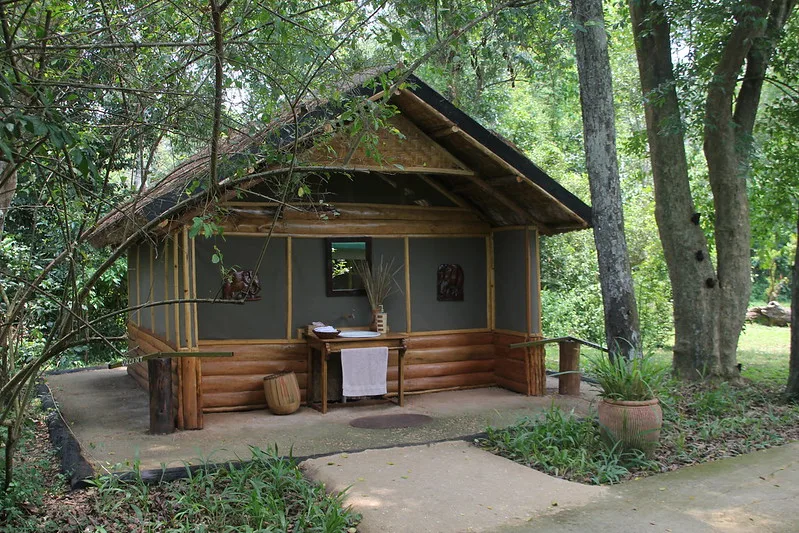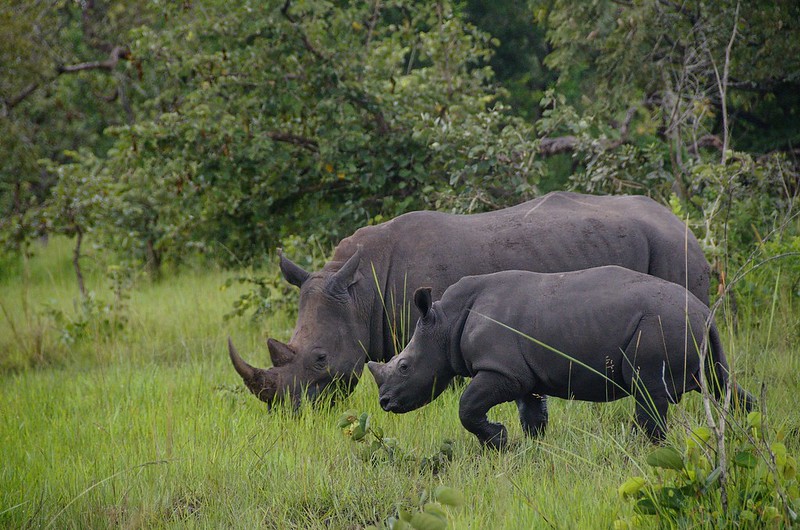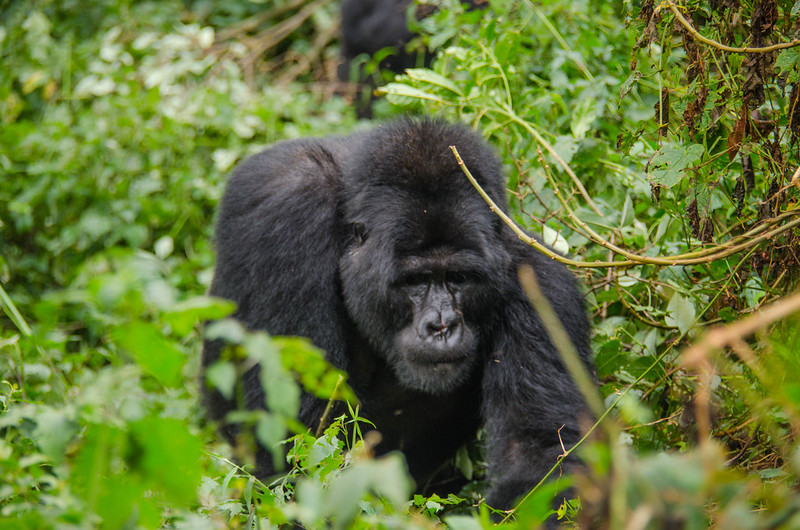Vous êtes bienvenus, aventuriers courageux, dans les merveilles sauvages de l'Ouganda, où l'appel de la…
Exploring the Enigma of Tree-Climbing Lions in Uganda’s Queen Elizabeth National Park
The Queen Elizabeth National Park, located in the heart of Uganda, is a monument to Africa’s amazing biodiversity. While this park is home to a variety of fascinating species, one specific phenomenon stands out: tree-climbing lions. Visitors from all around the world have been amazed and enchanted by these gorgeous beasts, which defy traditional lion behavior. This article delves into the mystery of tree-climbing lions in Queen Elizabeth National Park, exploring the causes behind this unusual behavior as well as the experiences it provides to wildlife fans.
Tree-climbing Lions Unique Behavior
Lions are iconic symbols of Africa’s savannas, known for their powerful presence on the ground as apex predators. Yet, in the Ishasha sector of Queen Elizabeth National Park, something extraordinary happens. Here, a subpopulation of lions has adopted an atypical behavior: climbing trees. Unlike their counterparts in other regions, these tree-climbing lions challenge traditional expectations of lion behavior and biology.
Theories Behind the Behavior
The question arises: why do these lions climb trees? Researchers and wildlife enthusiasts alike have proposed several theories to explain this remarkable behavior:
- Escape from Insects and Heat: The Ishasha sector’s lions often inhabit trees during the hot daytime hours. This behavior might be an adaptation to escape the relentless biting insects and the scorching ground, providing them with a cooler and more comfortable refuge.
- Enhanced Vantage Point: Climbing trees could provide the lions with an advantage in spotting potential prey, competitors, or danger in their surroundings. This vantage point allows them to assess their environment more effectively.
- Avoiding Conflict: Lions face competition from other predators, such as hyenas and leopards, who are adept climbers themselves. Climbing trees might help lions evade conflicts and avoid confrontations with these rivals.
- Thermoregulation: The trees’ heights might allow lions to catch cooling breezes during Uganda’s sweltering afternoons, aiding in thermoregulation and providing respite from the heat.
A Spectacular Safari Experience
For wildlife enthusiasts, witnessing these tree-climbing lions in action is a once-in-a-lifetime experience. Safaris in Queen Elizabeth National Park offers the opportunity to observe these enigmatic creatures perched high in the branches, an astonishing sight that challenges preconceived notions about lion behavior.
Conservation Implications
The tree-climbing lions of Queen Elizabeth National Park aren’t merely an intriguing phenomenon; they also hold important conservation implications. Their distinct behavior highlights the adaptability of wildlife to their environment, making them a valuable case study for researchers studying behavioral ecology and evolutionary biology.
Preserving the Unique Phenomenon
As the tourism industry flourishes around this extraordinary behavior, it is paramount to strike a delicate balance between human interaction and the preservation of these lions’ natural habitat. Responsible and sustainable tourism practices are crucial to ensure that the tree-climbing lions continue to thrive in their environment for generations to come.
The tree-climbing lions of Queen Elizabeth National Park have come to symbolize the park’s varied biodiversity. Their capacity to defy rules and adapt to their environment exemplifies the wonders of nature’s variety. Visitors may stand beneath the tall fig trees and gaze at lions poised on high branches, a reminder that even the king of creatures can surprise us with its unusual behaviors. In this secluded corner of Uganda, curiosity, amazement, and conservation collide to produce a memorable experience for those who come to see this natural treasure.


